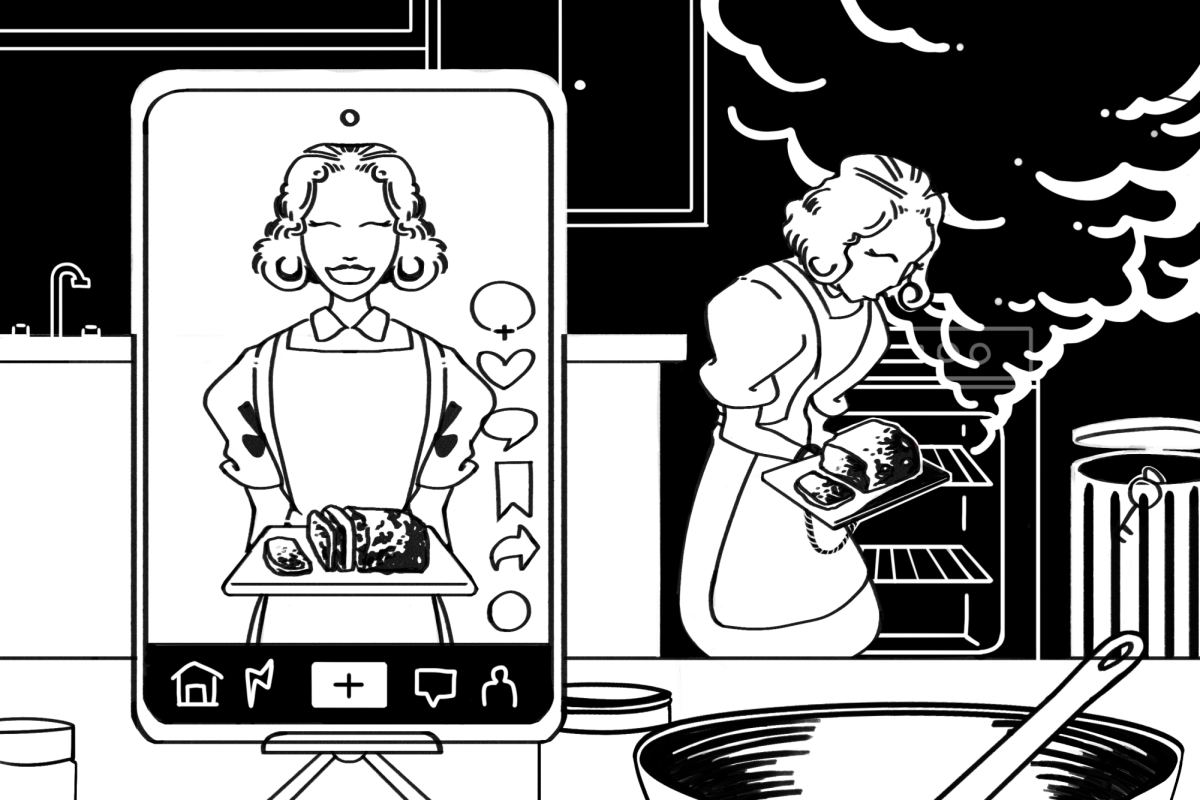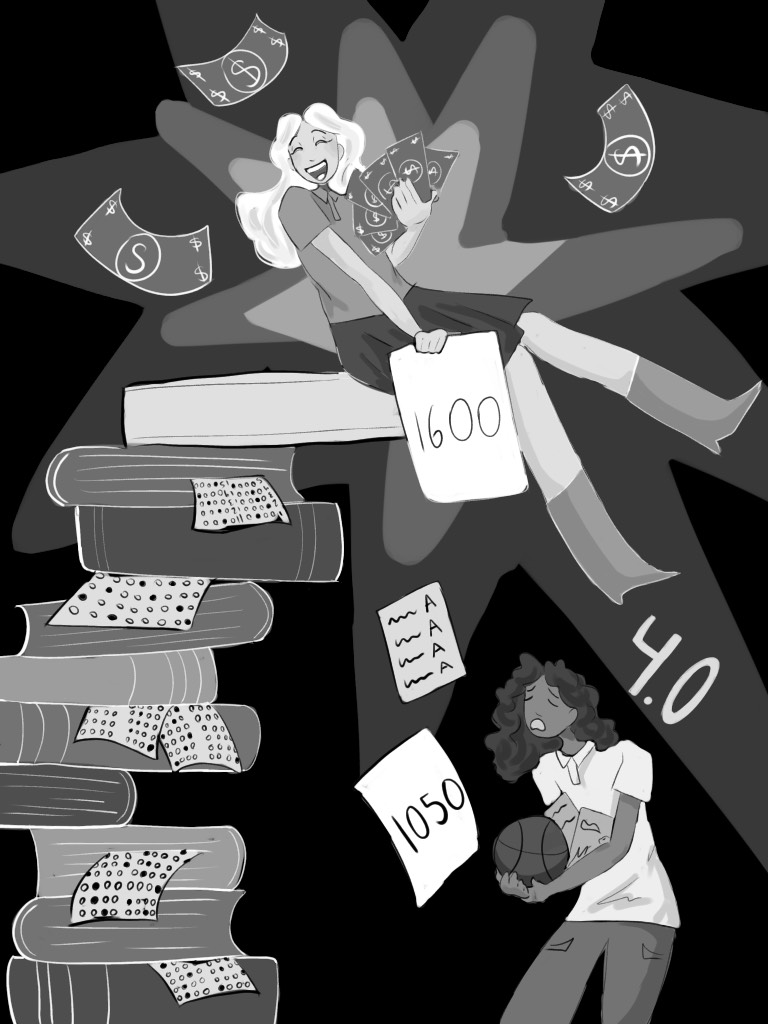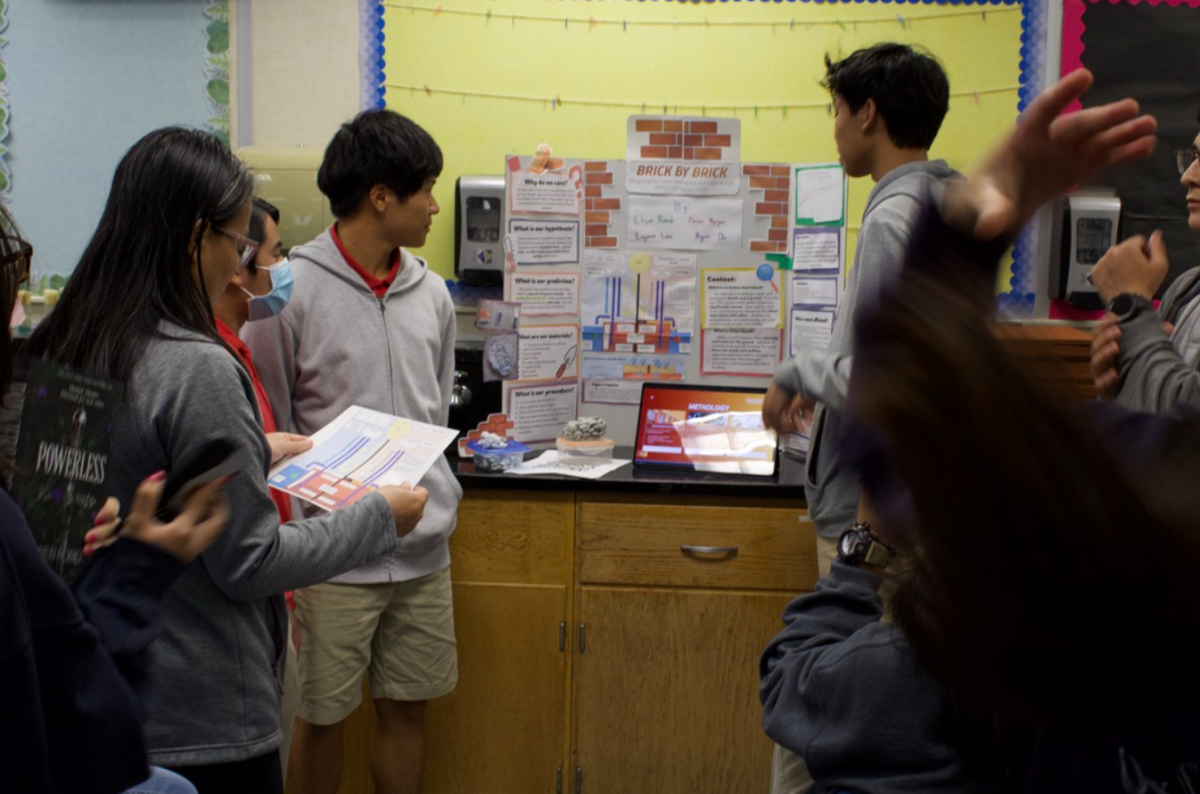Yale University announced on Feb. 22 that they would reinstate the standardized testing requirement in their application process. With test-mandated policies being temporarily paused in light of the COVID-19 pandemic, it is likely other universities will follow suit and gradually reintroduce standardized testing to the college admissions process. However, this shift in the admissions system would incline universities to use an obsolete practice that inhibits applications from being judged holistically.
Though standardized testing was only made optional after the COVID-19 pandemic canceled SAT and ACT tests around the world, the effectiveness of the exams is reduced to an oversimplified one-size-fits-all solution, with a shallow design and content. Based on reading, writing, math, and, in the ACT, science content, these assessments score students in these rigidly concentrated areas.
Consequently, a student’s performance on the test does not accurately reflect their academic achievements or aptitude, as it solely measures their test-taking ability and familiarity with the designated format. Standardized tests could allow trained, yet academically low-achieving students to achieve high scores, while others score poorly purely due to the format.
Income-based resource disparities are another factor that make standardized test scores unreliable. To become familiar with the format of standardized testing, a popular method is to enroll in a preparatory tutoring class; due to their absurdly high prices, however, these types of classes are inaccessible to many underprivileged students. Unsurprisingly, a recent Harvard analysis found that children of the wealthiest 1% of Americans were 13 times more likely than children of low-income families to score 1300 or higher on the SAT, which has a maximum score of 1600.
Privileged students with these financial resources are naturally given a major upper hand in standardized testing, serving as an inaccurate measure of students’ true academic aptitude with disproportionate access to various programs. Standardized testing disproportionately favors wealthier students and unevens the playing field of college admissions.
Standardized tests are also unreliable in assessing students’ intellect, as it scores their understanding of each subject through a single test of no more than 60 questions. With the pressure to demonstrate their academic abilities through a few hours of testing, even a few stress-induced slip-ups can significantly impact a student’s score. From testing anxiety to situations such as illness, scores can be altered from external events, unrelated to their academic knowledge. Though students can retake the test unlimitedly, the price to take each test is another unforgettable factor; with each test costing over $50, constant retakes are not an option for all students.
In terms of both content and overall effectiveness, standardized test scores are an unreliable measure of academic performance. However, because the exams’ contents are uniform among all testtakers, test scores tend to be deemed as a consistent area to compare applicants’ academic performance.
Currently, standardized test scores are optional for most college admissions. This removes the pressure of testing and the value of a score, and those who do not perform as well on the test are not deemed as less qualified for admission, as the scores aren’t inherently used as a neutral way to compare applicants. Though one’s standardized testing score would not be the sole “make-or-break” factor considered for college admissions regardless of requirements, scores would most likely be used as a means of “objectively” judging applicants. However, while assessments are based on the same content, they cannot be used to unbiasedly factor into applications. The difference that individual circumstances can create perpetuate the disproportion in test-taking, which can be detrimental for low-income applicants.
Yale University is now the third “Ivy-plus” school, following Dartmouth College and MIT, to reinstate the requirement to submit exam scores; and more universities are likely to follow. Instead of assuming all standardized test processes and experiences are from equal circumstances and are an impartial way to judge applicants, it is crucial that colleges continue to evaluate other parts of a student’s application that make them stand out as individuals, not mere numbers on a scale.


















































